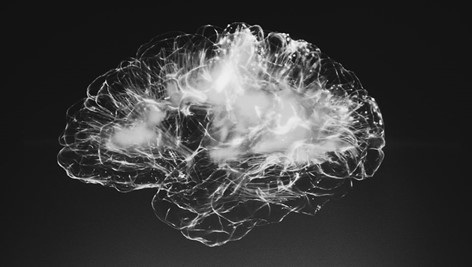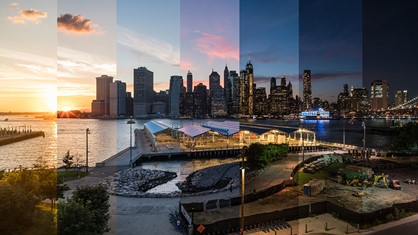We want to shine a light on the importance of LEDs and sleep quality. Because, once your bedroom goes dark and you set your head on the pillow, the daylong light exposure you’ve had is going to impact whether you successfully nod off or stare restlessly at the ceiling.
Lighting isn’t just changing how we see during the day, but it’s also directly impacting how we sleep at night. While the Centers for Disease Control and Prevention (CDC) has officially declared sleep deprivation as a national health crisis, we know that the right light at the right time can help you get a great night’s rest, resulting in increased healing, improved moods, sharpened focus, and much more.

The restorative and regulative nature of sleep helps us process what we experience throughout the day so we can retain and recall this information down the line. In deep sleep, our minds are busy creating connections across the various lobes of the brain, generating ideas and solutions we may not have imagined otherwise. Research continues to discuss the benefits of sleep which include:
- A Sharper Brain
- A Mood Boost
- Healthier Heart
- Improved Athletic/Physical Performance
- Steadier Blood Sugar
- Improved Immune System
- Reduced Hunger/Weight Control
The right light is just as important as your daily workout


According to research scientist and director of the Rensselaer Polytechnic Institute Lighting Research Center (LRC) Dr. Mariana Figueiro, the right light exposure during specific times of the day is equally as important as daily exercise. This timed exposure and the manipulation of wavelengths (red vs. blue light) and intensity alters our body’s melatonin production and can hinder or improve our sleep patterns and ultimately, our mood levels. If you’ve ever wondered why your mood seems to swing from upbeat and bright in the summer to grumpier in winter, that’s the changes in the amount of daylight playing havoc with your circadian rhythm.
Let there be (the right kind of) light.
For more information on Circadian Lighting and other bright ideas, check out:
- The Lighting Research Center’s video series on Light and Health
- ZGF Architects case study for Children’s Hospital of Philadelphia using Color Select Tunable Whit

